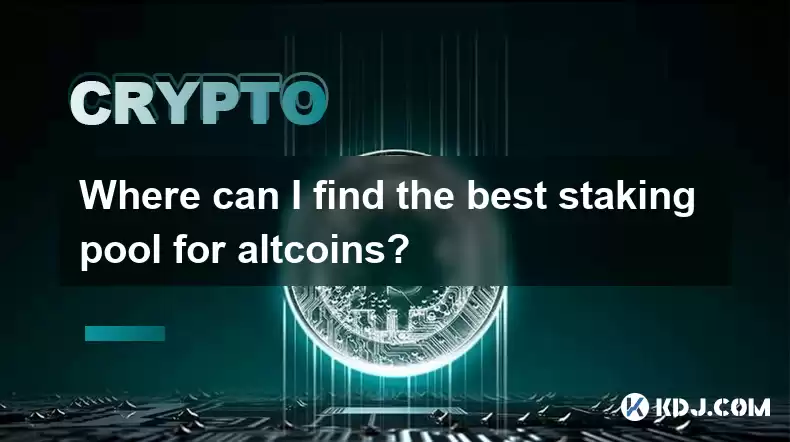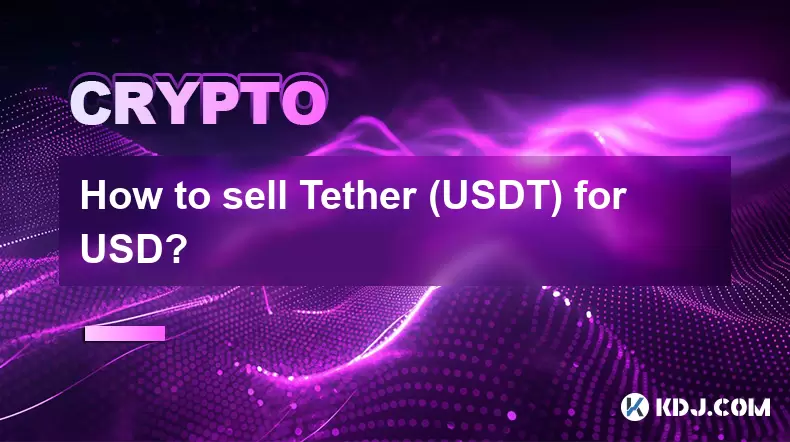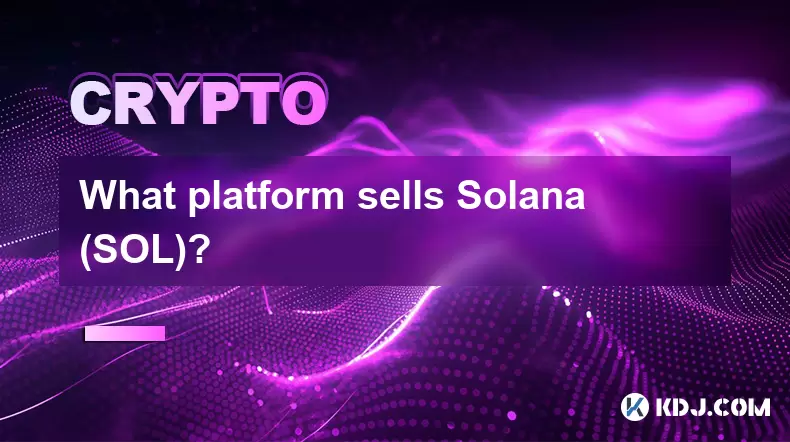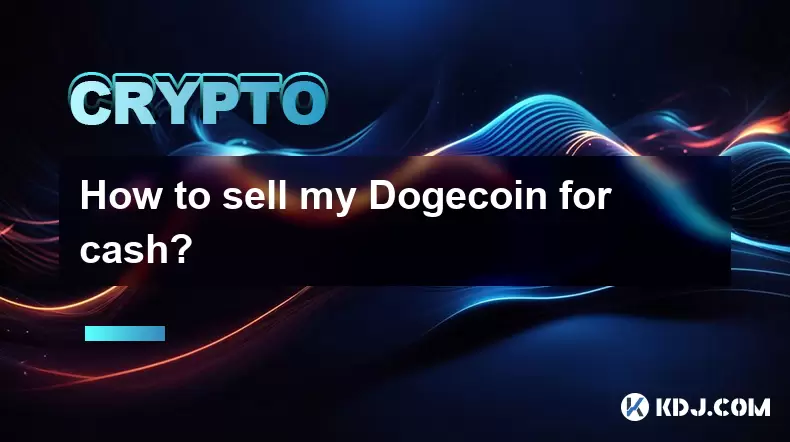-
 Bitcoin
Bitcoin $116500
1.98% -
 Ethereum
Ethereum $3851
6.94% -
 XRP
XRP $3.070
3.95% -
 Tether USDt
Tether USDt $1.000
0.04% -
 BNB
BNB $774.7
1.77% -
 Solana
Solana $171.9
4.66% -
 USDC
USDC $1.000
0.01% -
 Dogecoin
Dogecoin $0.2142
6.71% -
 TRON
TRON $0.3387
1.28% -
 Cardano
Cardano $0.7678
5.61% -
 Sui
Sui $3.747
9.68% -
 Hyperliquid
Hyperliquid $39.16
3.69% -
 Stellar
Stellar $0.4157
6.28% -
 Chainlink
Chainlink $17.93
9.21% -
 Bitcoin Cash
Bitcoin Cash $578.1
3.28% -
 Hedera
Hedera $0.2531
5.60% -
 Ethena USDe
Ethena USDe $1.001
-0.02% -
 Avalanche
Avalanche $22.75
3.82% -
 Litecoin
Litecoin $120.1
3.76% -
 UNUS SED LEO
UNUS SED LEO $8.953
-0.37% -
 Toncoin
Toncoin $3.323
4.76% -
 Shiba Inu
Shiba Inu $0.00001266
4.22% -
 Uniswap
Uniswap $10.13
7.08% -
 Polkadot
Polkadot $3.786
5.09% -
 Dai
Dai $1.000
-0.02% -
 Monero
Monero $273.0
-5.03% -
 Bitget Token
Bitget Token $4.391
1.62% -
 Cronos
Cronos $0.1480
5.45% -
 Pepe
Pepe $0.00001091
5.80% -
 Ethena
Ethena $0.6314
11.93%
Where can I find the best staking pool for altcoins?
When choosing a staking pool for altcoins, it's crucial to research fees, security measures, and platform reputation, and to monitor pool performance regularly.
Jan 01, 2025 at 02:33 pm

Key Points
- Determine your staking goals and preferences.
- Research and compare different staking pools.
- Consider factors such as fees, security, and platform reputation.
- Monitor the performance of your chosen pool regularly.
- Be aware of the risks and rewards associated with staking.
Where Can I Find the Best Staking Pool for Altcoins?
1. Determine Your Staking Goals and Preferences
- Consider your investment objectives, such as maximizing your returns or participating in governance.
- Decide which altcoins you want to stake and the amount you're willing to commit.
- Determine your risk tolerance and research the different consensus mechanisms used by different altcoins.
2. Research and Compare Different Staking Pools
- Explore online directories and reviews to gather information about different pools.
- Compare fees, minimum staking requirements, and rewards offered by each pool.
- Check the pool's past performance, uptime, and security measures.
3. Consider Factors Such as Fees, Security, and Platform Reputation
- Assess the fees charged by the pool, including withdrawal fees, management fees, and performance fees.
- Evaluate the pool's security infrastructure, including cold storage practices, multi-signature wallets, and insurance policies.
- Research the pool's reputation in the cryptocurrency community and consider its track record and customer support.
4. Monitor the Performance of Your Chosen Pool Regularly
- Check the pool's website or dashboard to track your rewards, uptime, and any announcements.
- Monitor the price of the altcoin you're staking and make adjustments as needed.
- Consider switching pools if your chosen pool's performance does not meet your expectations.
5. Be Aware of the Risks and Rewards Associated with Staking
- Understand that altcoin staking can involve risks such as price volatility, slashing, and pool downtime.
- Research the specific risks associated with staking each altcoin.
- Consider the potential rewards of staking, such as increased returns, governance participation, and community involvement.
FAQs
Q: What is the difference between a staking pool and a masternode?
A: Staking pools allow multiple individuals to combine their funds to earn rewards for securing a network, while masternodes are special nodes that perform specific functions on a blockchain and require a higher stake amount.
Q: What are some of the top altcoin staking pools?
1. Binance Stake: Offers a wide range of altcoins to stake with low fees and high rewards.
2. Coinbase Stake: Provides a convenient and user-friendly platform for staking various altcoins.
3. Kraken Stake: Known for its security and reliability, with a range of altcoins available for staking.
4. Atomic Wallet: Offers a non-custodial staking option for various altcoins, with staking rewards paid directly into your wallet.
5. MyCointainer: Provides a simple interface for staking multiple altcoins simultaneously, with customizable rewards frequency.
Q: How can I calculate the potential rewards from staking altcoins?
A: To calculate potential staking rewards, consider the following factors:
- Number of coins staked
- Annual percentage yield (APY) of the staking pool
- Duration of staking
- Staking fees (if any)
Disclaimer:info@kdj.com
The information provided is not trading advice. kdj.com does not assume any responsibility for any investments made based on the information provided in this article. Cryptocurrencies are highly volatile and it is highly recommended that you invest with caution after thorough research!
If you believe that the content used on this website infringes your copyright, please contact us immediately (info@kdj.com) and we will delete it promptly.
- Dogecoin, Crypto, and the 25x Gains Dream: What's Next?
- 2025-08-07 20:50:12
- Dogecoin: A Second Chance for the OG Meme Coin?
- 2025-08-07 20:50:12
- BlockchainFX: Your Choice for Long-Term Crypto Gains?
- 2025-08-07 21:10:12
- Pepe Dollar's Presale Mania: Memecoin Staking and the Crypto Revolution
- 2025-08-07 21:10:12
- Aave Users Targeted in Sophisticated Phishing Scam: A DeFi Reality Check
- 2025-08-07 21:15:56
- Ollama Turbo & GPT-OSS: Revolutionizing AI Model Accessibility and Speed
- 2025-08-07 20:29:33
Related knowledge

Where can I buy UMA (UMA)?
Aug 07,2025 at 06:42pm
Understanding UMA and Its Role in Decentralized FinanceUMA (Universal Market Access) is an Ethereum-based decentralized finance (DeFi) protocol design...

What exchanges support buying IOTA (MIOTA)?
Aug 07,2025 at 09:58pm
Understanding the Role of Private Keys in Cryptocurrency SecurityIn the world of cryptocurrency, private keys are the cornerstone of ownership and con...

What is the best app to buy EOS?
Aug 07,2025 at 04:35pm
Understanding EOS and Its Role in the Cryptocurrency EcosystemEOS is a blockchain platform designed to support decentralized applications (dApps) with...

How to sell Tether (USDT) for USD?
Aug 07,2025 at 03:29pm
Understanding Tether (USDT) and Its USD ValueTether (USDT) is a stablecoin designed to maintain a 1:1 value ratio with the United States Dollar (USD)....

What platform sells Solana (SOL)?
Aug 07,2025 at 08:50pm
Where to Buy Solana (SOL) – Trusted Cryptocurrency ExchangesWhen looking to purchase Solana (SOL), the most common and secure method is through reputa...

How to sell my Bitcoincoin for cash?
Aug 07,2025 at 02:14pm
Understanding the Basics of Selling Dogecoin for CashSelling Dogecoin for cash involves converting your DOGE tokens into a fiat currency such as USD, ...

Where can I buy UMA (UMA)?
Aug 07,2025 at 06:42pm
Understanding UMA and Its Role in Decentralized FinanceUMA (Universal Market Access) is an Ethereum-based decentralized finance (DeFi) protocol design...

What exchanges support buying IOTA (MIOTA)?
Aug 07,2025 at 09:58pm
Understanding the Role of Private Keys in Cryptocurrency SecurityIn the world of cryptocurrency, private keys are the cornerstone of ownership and con...

What is the best app to buy EOS?
Aug 07,2025 at 04:35pm
Understanding EOS and Its Role in the Cryptocurrency EcosystemEOS is a blockchain platform designed to support decentralized applications (dApps) with...

How to sell Tether (USDT) for USD?
Aug 07,2025 at 03:29pm
Understanding Tether (USDT) and Its USD ValueTether (USDT) is a stablecoin designed to maintain a 1:1 value ratio with the United States Dollar (USD)....

What platform sells Solana (SOL)?
Aug 07,2025 at 08:50pm
Where to Buy Solana (SOL) – Trusted Cryptocurrency ExchangesWhen looking to purchase Solana (SOL), the most common and secure method is through reputa...

How to sell my Bitcoincoin for cash?
Aug 07,2025 at 02:14pm
Understanding the Basics of Selling Dogecoin for CashSelling Dogecoin for cash involves converting your DOGE tokens into a fiat currency such as USD, ...
See all articles

























































































